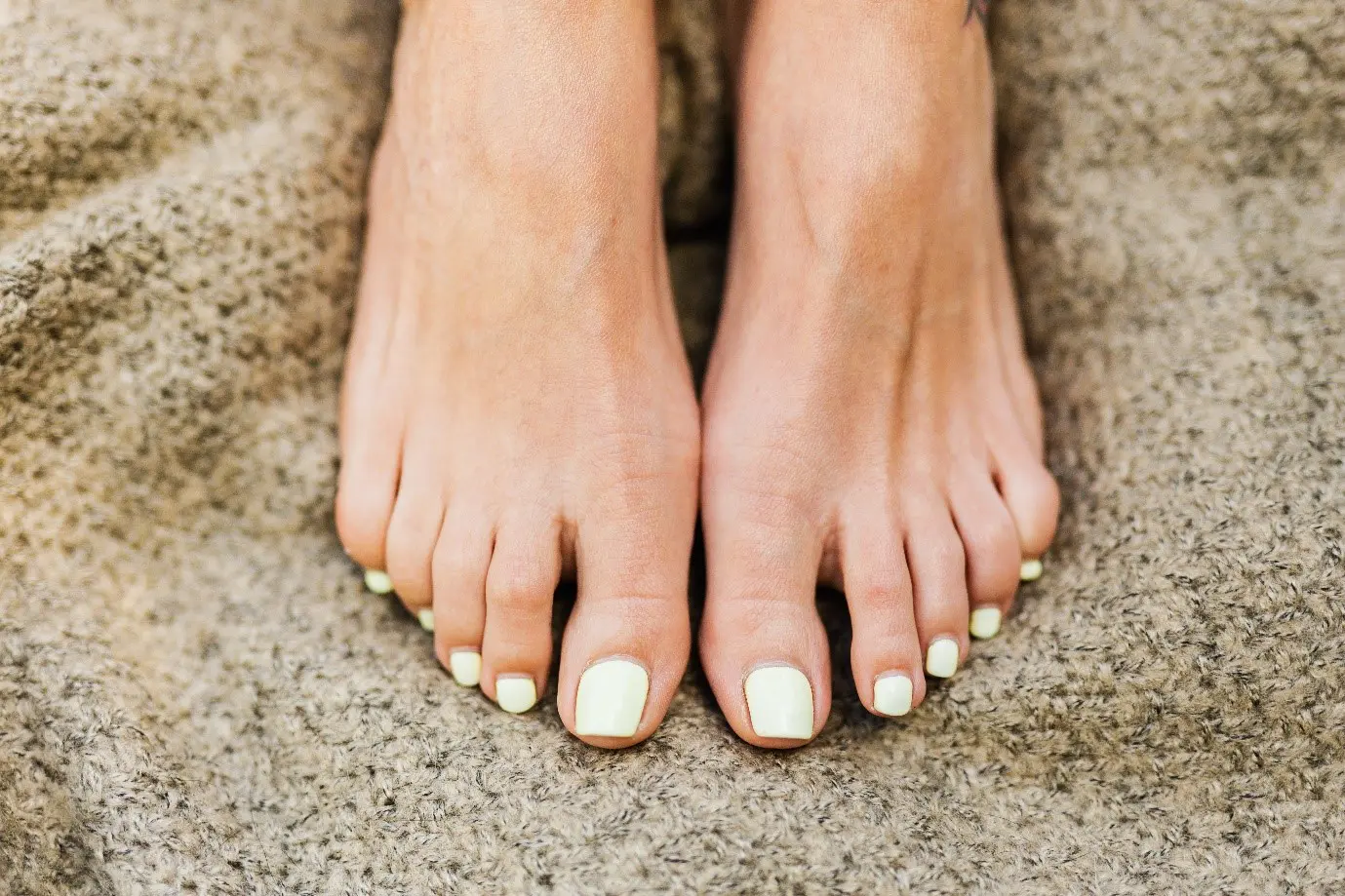
A nail fungus is a microorganism that can live anywhere on your toenails. Our world is filled with fungi, and most of them are too small to see with the human eye. These living organisms are part of the world’s ecosystem but can also become a nuisance when involved in the human body.
When fungus begins to multiply in and outside the human body, it can lead to several infections, which are your body’s way of responding to intruders. Fungal infections, such as meningitis, are often life-threatening and must be treated instantly.
Similarly, many fungal infections can also occur outside the body on your skin and toenails. Ringworm is one such example of a fungal skin infection. Fungal infections can also occur on toenails and, less commonly, fingernails.
This infection usually makes the nail unsightly and discolored and, if left untreated, can also spread to all your other nails. While these infections are not severe in most cases, they are unappealing to look at and can also cause discomfort.
Once you contract nail fungus, it is tough to get rid of it, and it ends up coming back in most cases. Therefore, in this case, it is essential to follow the age-old suggestion that prevention is better than cure and adopt certain habits that will help prevent contracting nail fungus.
Let’s continue exploring five preventive measures you can take in your everyday life to help you stay safe from nail fungus.
Nail Fungus: Origin, Symptoms, and Complications
As is suggested by its name, nail fungus and its accompanying symptoms occur due to the growth of fungus in, under, or outside the nail. There are no significant reasons for fungal infections, and they can happen to everyone.
However, fungi thrive in warm and moist environments; therefore, it is understandable why they might grow in and around toenails. You can also contract a nail fungus from contacting someone who already has it. Therefore, it can be classified as a communicable condition.
People with diabetes, older people, and athletes are more likely to have fungal infections on their nails for health and professional reasons.
Many health professionals believe that nails and their overall condition can tell a lot about someone’s health. Therefore, if your nails appear discolored or brittle, you have probably contracted a fungal infection.
At first, nail fungus appears as a greenish/yellowish tinge in the nails. If you notice your nails turning yellow, it is recommended that you instantly refer them to a doctor. Other nail fungus symptoms include nail thickening, being brittle, misshapen, and in severe cases, also has a particular odor. Your toenails are more susceptible to nail fungal infections. Therefore, it is essential to keep an eye on them.
If your nail fungus is mild, you might not need treatment. However, you can consult a doctor if the condition is bothering you from an aesthetic point of view. If the infection is causing discomfort, you will need a doctor to prescribe medication. Most doctors will prescribe anti-fungal medication that will need an extended course to completely eliminate the fungal infection. However, the infection might return in many cases.
In severe cases, a fungal infection can cause permanent damage to your nail, and it might have to be removed to completely eliminate the infection. To avoid such situations, it is important to know how to keep your nails free of fungi and their accompanying problems.
5 Tips for Preventing Fungal Nail Infections
While anyone can contract nail fungus, some groups are more susceptible to it. People with diabetes and older people should especially follow these tips since their infections are not quickly resolved. These tips can easily be incorporated into your everyday life and only help you to live a hygienic and fungus-free life.
1. Keep Your Toes and Fingers Clean and Dry
As mentioned before, fungi thrive in moist environments. Make sure to thoroughly dry your fingers and toes after showering since any residual moisture can easily become a hotbed for fungal growth.
2. Keep Your Nail Clippers to Yourself
Any fungal infection is communicable, and nail fungus is no exception. Keep your nail clippers clean and sterilized, and make sure to only use the pair you own and do not share it with anyone else. Sharing such equipment can easily lead to the spread of such fungal infections.
3. Ensure All Equipment at Your Nail Salon is Sterilized
If you are a frequent visitor to a nail salon, ask the owners about their sterilization techniques. Only proceed with the treatments if you get a satisfying answer. We highly recommend buying your own personal manicure or pedicure kit, as it completely eliminates the risk of a fungal infection.
4. Do Not Walk Barefoot in Public Areas
Walking without shoes in public areas, such as gym lockers, shower rooms, or even public swimming pools, is a recipe for disaster. Make sure that you are wearing your own pair of shoes to protect your toenails. The air is also humid in these areas; therefore, they are a hotbed of fungal infections.
5. Keep Your Nails Short
Keeping long nails on both hands and feet means a lot of junk can easily be stuck under your nailbeds. Clipping your nails regularly helps them remain clean, and there is less chance of fungal infection growing underneath your nails.
Final Thoughts
Once you contract nail fungus, it is tough to completely eliminate it, and in many cases, you are genuinely rid of the infection once a new nail grows out in place of the old one. Nail fungus might not be a serious life-threatening condition, but it is pretty unpleasant and might cause worry for people.
Therefore, it is better to take care of nail hygiene and carry out the basic preventive measure given here to ensure you do not contract any nail fungus.
SunCoast Skin Solutions Dermatology offices are located in Tampa / Hillsborough, St. Pete / Pinellas County, Brandon, Lutz, Winter Haven, Largo, Hudson, Leesburg, Riverview, Brooksville, Clearwater, Ocala, Palm Harbor, Daytona Beach, Sarasota, Punta Gorda, Seminole, Florida. Contact us at 1-844-786-3376 or click here.

Recent Comments